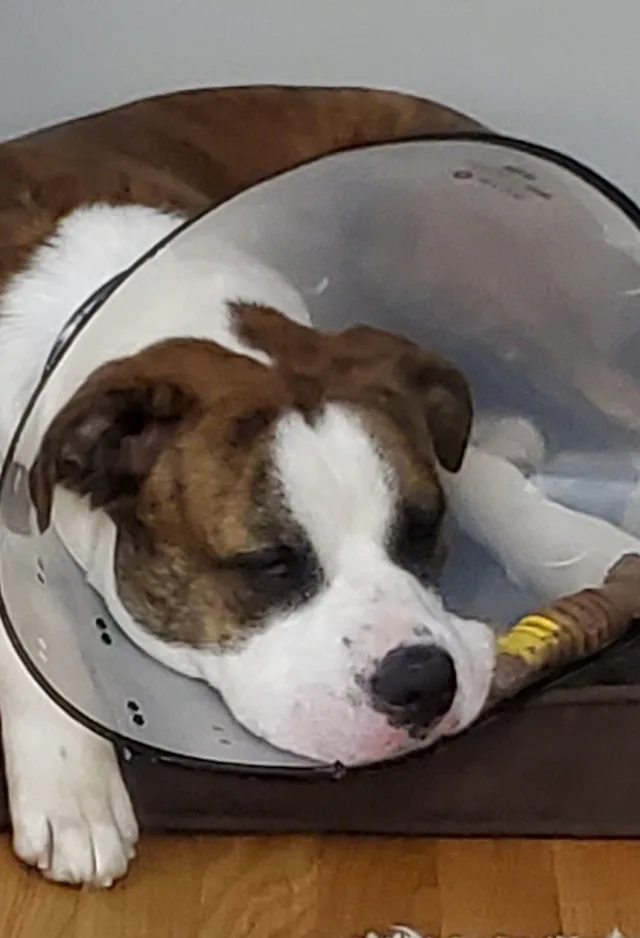Swift Creek Animal Hospital & Pet Resort



Compassionate, Comprehensive Care
For Midlothian Pets Since 1986
Your pet's life-long good health begins with personalized pet wellness care that includes comprehensive nose-to-tail examinations, vaccinations, dental care, and preventive treatments. Our veterinarians focus on identifying issues before they become serious to keep your pet healthy and the lifetime cost of care as low as possible.
Client Reviews & Testimonials
We value our clients’ experience at Swift Animal Hospital & Pet Resort. Here’s what some people are saying about us.





